आदिवासी लोकतन्त्र: त्यो अफगान मोडेल जसलाई अमेरिकाले कहिल्यै प्रयास नै गरेन
सन् 2001 मा जब संयुक्त राज्य अमेरिकाले अफगानिस्तानमा आक्रमण गर्यो, उसले कुनै “जातीय” देशमा होइन, तर स–साना राष्ट्रहरूको देशमा प्रवेश गर्यो — पुराना, गर्विला, परम्परामा गहिरा र नेतृत्वमा विशिष्ट। “Tribe” भन्ने शब्द आफैं गलत थियो; यसले अफगान समाजलाई पिछडिएको र टुक्रिएको देखायो, जबकि वास्तवमा त्यो विविधता र आत्मनियममा आधारित जटिल संरचना थियो। अमेरिका बुझ्न असफल रह्यो — अफगानिस्तानमा लोकतन्त्र सम्भव थियो, तर अमेरिकी किसिमको लोकतन्त्र होइन।
छुटेको नक्सा: नक्कल गणराज्य होइन, एक जनजातीय महासंघ
लोकतन्त्रको अर्थ हो आफैंले शासन गर्ने अधिकार — न कि थोपिएको शासन। तर अमेरिकाले यसलाई गलत बुझ्यो। उसले अफगान जनताको बीचबाट उम्किन सक्ने स्वतःस्फूर्त लोकतन्त्रलाई बढावा दिनुको सट्टा वाशिंगटनको नक्कल मोडेल थोप्यो — राष्ट्रपति प्रणाली, पश्चिमी संस्थाहरू, र विदेशीहरूद्वारा नियन्त्रित चुनाव।
तर अफगानिस्तानका लागि राम्रो मोडेल एउटा जनजातीय लोकतन्त्र हुन सक्थ्यो — एउटा ढिलो महासंघीय संरचना, जहाँ प्रत्येक जातीय वा स्थानीय समूहले आफ्नै नेता रोज्थ्यो, र ती सबै मिलेर राष्ट्रिय राष्ट्रपति चयन गर्थे। यो, वास्तवमा, अमेरिकी इलेक्टोरल कलेज को प्रारम्भिक अवधारणासँग मिल्दो थियो — स्थानीय सहमतिको तह हुँदै संघीय एकताको निर्माण।
अफगानिस्तानमा प्रत्येक “जनजाति” लाई राजनीतिक स्वायत्तता दिन सकिन्थ्यो। स्थानीय परिषदहरूले न्याय, शिक्षा र कानून कार्यान्वयनको जिम्मेवारी लिन सक्थे। तालिबानलाई नष्ट गर्नुको सट्टा अवशोषित गर्न सकिन्थ्यो — स्थानीय प्रहरी, प्रान्तीय सुरक्षा बल वा राष्ट्रिय सेनाका रूपमा। उनीहरूको पोशाक पश्चिमी होइन, अफगानी पहिचान झल्काउने हुन सक्थ्यो। सांस्कृतिक मौलिकता वैचारिक थोपाइभन्दा बलियो हुन्थ्यो।
इस्रायलबाट सिकाइ: विखण्डनबाट एकतासम्म
इस्रायल बन्नुअघि त्यहाँ पनि विभिन्न सशस्त्र समूहहरू थिए — हगनाह, इरगुन, लेही — आफ्ना-आफ्ना कमाण्ड, भू–भाग र लक्ष्यसहित। उनीहरूले लडे, वार्ता गरे, र अन्ततः एकजुट भएर इजरायल डिफेन्स फोर्सेस स्थापना गरे। अफगानिस्तानले पनि यस्तो बाटो लिन सक्थ्यो। प्रत्येक जातीय मिलिसिया, प्रत्येक स्थानीय सेनापति, आवश्यकताका आधारमा र संवादका माध्यमबाट एउटै झण्डामुनि आउन सक्थे। एकता विदेशी निर्देशनबाट होइन, राष्ट्रिय आवश्यकता र सहमति बाट जन्म लिने थियो।
भारतको उदाहरण: नियन्त्रण होइन, सम्मान
वाशिंगटनको अहंकारको तुलना नयाँ दिल्लीको सूझबूझसँग गर्न सकिन्छ। भारतीय कूटनीतिज्ञहरूले अफगान नेताहरूसँग बराबरीको व्यवहार गरे। उनीहरूलाई विद्यार्थी होइन, साझेदार माने। भारतले सडक, शिक्षा र सांस्कृतिक परियोजनाहरूमा लगानी गर्यो — जसले अफगानी आत्मसम्मान र आत्मनिर्णयलाई मान्यता दियो। नतिजा थियो विश्वास, निर्भरता होइन।
साम्राज्यको अहंकार
अमेरिकाले यस्तो किन गरेन? किनभने ढिलो–ढिलो विकसित हुने लोकतन्त्र सैन्य–औद्योगिक संरचना का लागि फाइदाजनक हुँदैन। जराबाट पुनर्निर्माण ढिलो र कम–नाफा हुने काम हो; तर सबै कुरा ध्वस्त पारेर ठेक्का र सल्लाहकारका सहायताले पुनर्निर्माण गर्नु — अत्यन्त लाभदायक व्यापार हो। प्रत्येक नष्ट गाउँ पछाडि नयाँ ठेक्का थियो। प्रत्येक नयाँ संविधान पछाडि दर्जनौं अमेरिकी सल्लाहकारका बिलहरू। वाशिंगटनका अधिकारीहरूले कागजमा “प्रगति” देखाउन सके, भले पनि वास्तविक अफगान धरातलमा केही नहोस्।
अमेरिकी शक्ति–अहंकार — नियन्त्रणको लत — ले अफगानिस्तान र इराकमा केवल खरबौं डलर होइन, लाखौं ज्यानहरू पनि गुमायो। पेन्टागन र सीआईएलाई लाग्यो, उनीहरूले वैधता “इन्जिनियर” गर्न सक्छन्। तर लोकतन्त्र हवाईजहाजबाट झर्दैन — त्यो जनताको माटोमा उम्रन्छ।
साँचो शक्ति संयममा हुन्छ
साँचो शक्ति बोलाइमा होइन, सुन्ने क्षमतामा हुन्छ। अफगानिस्तानमा अमेरिका धेरै बोल्यो, कम सुनेको। उसले आदर्श थोप्यो, विचार रोपेन। जनजातीय महासंघ — अफगान शैलीको लोकतन्त्र — सायद सुरुवातमा उदार वा लैङ्गिक समानता भएको हुँदैन। महिलाहरूले सुरुवातमा मताधिकार पाउने थिएनन् होला। तर समयसँगै त्यो विकसित हुन सक्थ्यो — जसरी अमेरिकी लोकतन्त्र आफैं शताब्दीऔँमा विकसित भयो, विरोधाभास र सुधारका साथ।
तालिबानलाई शत्रु मानेर मेटाउने होइन, राष्ट्रका अंगको रूपमा समावेश गर्ने बाटो लिन सकिन्थ्यो। स्थानीय स्वायत्तताबाट सुरक्षासँगै आत्मसम्मान पनि आउँथ्यो। तर त्यहाँ ज्ञान होइन, अहंकार हावी भयो।
सम्भव भएको महासंघ
कल्पना गर्नुहोस् एउटा यस्तो अफगानिस्तानको जहाँ —
-
प्रत्येक जनजातीय क्षेत्रले आफ्नो नेता छान्थ्यो।
-
ती सबै नेताहरूले मिलेर एक ग्राण्ड काउन्सिल बनाएर राष्ट्रिय राष्ट्रपति चयन गर्थे।
-
स्थानीय मिलिसियाहरूलाई जनजातीय प्रहरीमा रूपान्तरण गरिन्थ्यो।
-
तालिबान आफ्ना प्रान्तका सुरक्षा संरक्षक बन्न्थे।
-
महिलाका अधिकार शिक्षा र स्थानीय सहमतिबाट क्रमशः विस्तार हुन्थे।
-
र लोकतन्त्रको अर्थ हुन्थ्यो — आफैंले शासन गर्ने अधिकार, न कि विदेशी प्रमाणपत्र।
यो असम्भव थिएन। बस लाभदायक थिएन।
नसुन्नेको मूल्य
अमेरिकी सैन्य–औद्योगिक तन्त्र र वाशिंगटनका “कागजी अफिसरहरू” ले साझेदारी होइन, अधिपत्य रोजे। उनीहरूले विदेशमा लोकतन्त्रका नाममा सरकारहरू ढाले, तर लोकतन्त्रको आत्मा गुमाए। अफगानिस्तानमा उनीहरूले लोकतन्त्र बनाएनन् — निर्भरता बनाए।
दुनियाको सबैभन्दा शक्तिशाली देश बिर्सियो कि सभ्यताको साँचो मापन तपाईं कति जोडले बोल्नु हो होइन, कति गहिराइमा सुन्न सक्नु हो। र जब अमेरिका सुन्न असफल रह्यो, उसले अफगानिस्तान मात्र होइन — आफ्नो नैतिक स्पष्टतासमेत गुमायो।
निष्कर्ष: लोकतन्त्र दिइँदैन, हुर्काइन्छ
लोकतन्त्र कुनै निर्यात–योग्य वस्तु होइन; यो स्थानीय वैधता र सांस्कृतिक माटोबाट अंकुरिन्छ। अफगानिस्तानलाई अमेरिकी लोकतन्त्र चाहिएको थिएन — उसलाई अफगानी लोकतन्त्र चाहिएको थियो। स–साना राष्ट्रहरूको महासंघ, कठपुतली गणराज्य होइन। अफगानिस्तानको वास्तविक त्रासदी यो होइन कि लोकतन्त्र असफल भयो — तर यो कि, उसलाई कहिल्यै साँचो अर्थमा प्रयास नै गरिएन।
साम्राज्यहरूको चिहान: किन अफगानिस्तान हरेक आक्रमणकारीलाई पराजित गर्छ
दुई शताब्दीभन्दा बढी समयदेखि अफगानिस्तान साम्राज्यहरूको अन्त्यस्थल बनिरहेको छ। उन्नाइसौं शताब्दीमा ब्रिटिश, बीसौंमा सोभियत, र एक्काइसौंमा अमेरिकी — सबै महाशक्तिहरू जसले यो कठोर भूमि कब्जा गर्न खोजे, अन्ततः अपमान, पराजय र फिर्तीसँग फर्किए। अफगानिस्तानका पहाडहरू कुनै शक्तिको अगाडि झुक्दैनन् — ती शक्ति सोस्छन्, थकाउँछन्, र अन्ततः धुलोमा परिणत गर्छन्।
साम्राज्य र प्रतिरोधको दोहोरिने कथा
इतिहासले अहंकारलाई नम्र बनाउने आफ्नो तरिका जान्दछ। सन् 1842 मा, विश्वका शक्तिशाली साम्राज्यहरूमध्ये एक ब्रिटिश साम्राज्य पहिलो एङ्ग्लो–अफगान युद्ध मा लगभग पूरै सेना गुमायो। काबुलबाट जलालाबाद फर्कँदै गरेका १६,००० सैनिक र उनका परिवारमध्ये केवल एक व्यक्ति — डा. विलियम ब्राइडन — जीवित बचे र पराजयको कथा सुनाए। ब्रिटिशहरूले पटक–पटक प्रयास गरे, तर अफगानिस्तान कहिल्यै झुकेन।
एक शताब्दीपछि, सन् 1979 मा, सोभियत संघ ट्यांकर र हेलिकप्टरसहित अफगानिस्तानमा प्रवेश गर्यो — समाजवादलाई बलपूर्वक स्थापित गर्न सकिन्छ भन्ने भ्रममा। दस वर्षसम्म उसले केवल विश्वास, राइफल र पहाडका सहारामा लड्ने मुजाहिदिनसँग युद्ध गर्यो। सोभियत साम्राज्य त्यहीँका पहाडमा रगतले सिँचियो, र केही वर्षमै सोभियत संघ नै ढल्यो।
फेरि अमेरिका आयो — ड्रोन, उपग्रह र खरबौं डलरसहित। बीस वर्ष लामो युद्धपछि, ऊ पनि त्यही फन्दामा पर्यो। परिणाम उही — अराजकता, अधूरा वाचा, र त्यो आन्दोलनको पुनरागमन जसलाई उसले नष्ट गर्न खोजेको थियो — तालिबान।
सम्प्रभुताको आत्मा
अफगानिस्तानको प्रतिरोध केवल सैन्य होइन — यो आत्मिक र सभ्यतागत हो। यो वैचारिक होइन, संप्रभुताको प्रश्न हो। विदेशीहरूले अफगान सादगीलाई पिछडोपन ठान्छन्। तर सादगी कमजोरी होइन — उद्देश्यको पवित्रता हो।
यी ती जनता हुन् जो भूमिसँग बाँधिएका छन्, जसले कठोर जीवन बाँच्न सिकेका छन्, थोरैमा बाँच्ने र धेरैको रक्षा गर्ने सीप राख्छन्। उनीहरूका लागि शक्ति हतियार वा सम्पत्तिबाट होइन, सहनशीलता र गरिमाबाट मापन हुन्छ। जसको आत्मा माटोसँग बाँधिएको छ, उसको लागि स्वतन्त्रता नारा होइन — सास हो।
साम्राज्यहरू शहरहरूमा जन्मिन्छन् — जहाँ नियम, नियन्त्रण र भ्रम हुन्छ। तर अफगानिस्तान पहाडहरूको देश हो — र पहाडहरूको मालिक कोही हुँदैन।
“असभ्यता”को विरोधाभास
विडम्बना यो हो कि ती गुणहरू जसलाई आक्रमणकारीहरूले “असभ्यता” ठान्छन् — आधुनिकताबाट दूरी, जमिन र समुदायसँगको गहिरो सम्बन्ध — यही गुणहरू अफगानहरूलाई अजेय बनाउँछन्। जब जीवन नै संघर्ष हुन्छ, विदेशी सेनाहरूले न त लोभ देखाउन सक्छन् न त डर देखाउन।
जस सैनिकसँग गर्वबाहेक केही बाँकी छैन, उसलाई कसैले जित्न सक्दैन। आधुनिक संसारको सुविधा नै उसको कमजोरी हो; अफगान ग्रामीणको कठिनाइ नै उसको कवच हो।
जहाँ पहाडहरू सुरु हुन्छन्, त्यहीँ साम्राज्यहरू ढल्छन्
अफगानिस्तानमा इतिहास केवल दोहोरिन्छ होइन — यो नियम जस्तै दोहोरिन्छ। यहाँ भूगोल नै भाग्य हो। साम्राज्यहरूले मैदान, बन्दरगाह र शहर जित्न सक्छन्, तर ती पहाडहरू होइन — जहाँ हरेक घाटी घातक छ, हरेक गाउँ दुर्ग र हरेक परिवार प्रतिरोधको कथा हो।
अफगानिस्तान सेनाहरूलाई संख्या वा हतियारले होइन, धैर्यले हराउँछ — त्यो सबैभन्दा लामो चल्ने हतियार हो। आक्रमणकारीहरूले वर्ष गन्छन्; अफगानहरूले पुस्ताहरू गन्छन्।
संसारले अझै नबुझेको पाठ
हरेक साम्राज्य अफगानिस्तान प्रवेश गर्दा भन्छ — “हामी फरक छौं।”
ब्रिटिशले भने — हामी व्यापार मार्ग सुरक्षित गर्न आएका हौं।
सोभियतले भने — हामी समाजवाद फैलाउन आएका हौं।
अमेरिकीले भने — हामी लोकतन्त्र ल्याउन आएका हौं।
तर अन्ततः सबैले भने — “हामी जित्न सकेनौं।”
सत्य सरल छ: तपाईं ती जनतामाथि शासन गर्न सक्नुहुन्न जसले शासन अस्वीकार गर्छ। अफगानिस्तान अझै अजेय छ किनभने उसका जनताले आफूलाई प्रजा होइन, स्वामी ठान्छन्। उनीहरूको निष्ठा कुनै विदेशी झण्डातर्फ होइन — आफ्नै भूमि, विश्वास र वंशतर्फ हुन्छ।
अजेय सादगी
नीतिनिर्माताहरूका लागि “साम्राज्यहरूको चिहान” एक लोकप्रिय उपमा हो, तर शायद यो गलत बुझाइ हो। अफगानिस्तान चिहान होइन, ऐना हो — जसले शक्ति सीमित छ भन्ने, अहंकार मूर्खता हो भन्ने, र स्वतन्त्रता अमर हो भन्ने देखाउँछ।
साम्राज्यहरूले सेना पठाउन सक्छन्, तर भूमि निष्ठा माग्छ। अफगान किसान — उसका जलेका हात र अडिग इच्छाशक्तिसँग — त्यो शाश्वत सत्यको प्रतीक हो जुन हरेक आक्रमणकारी बिर्सन्छ:
जब कुनै जनता आफ्नो माटोलाई त्यति माया गर्छ जति कुनै साम्राज्य पराजयलाई डराउँछ, उनीहरू अजेय बन्छन्।
अन्ततः ढल्ने अफगानिस्तान होइन — ढल्ने हो नियन्त्रणको भ्रम। र त्यो भ्रम, गोली वा बमभन्दा पनि घातक हुन्छ।
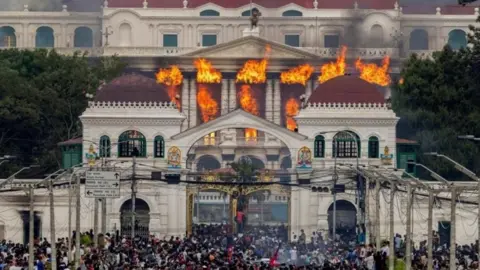

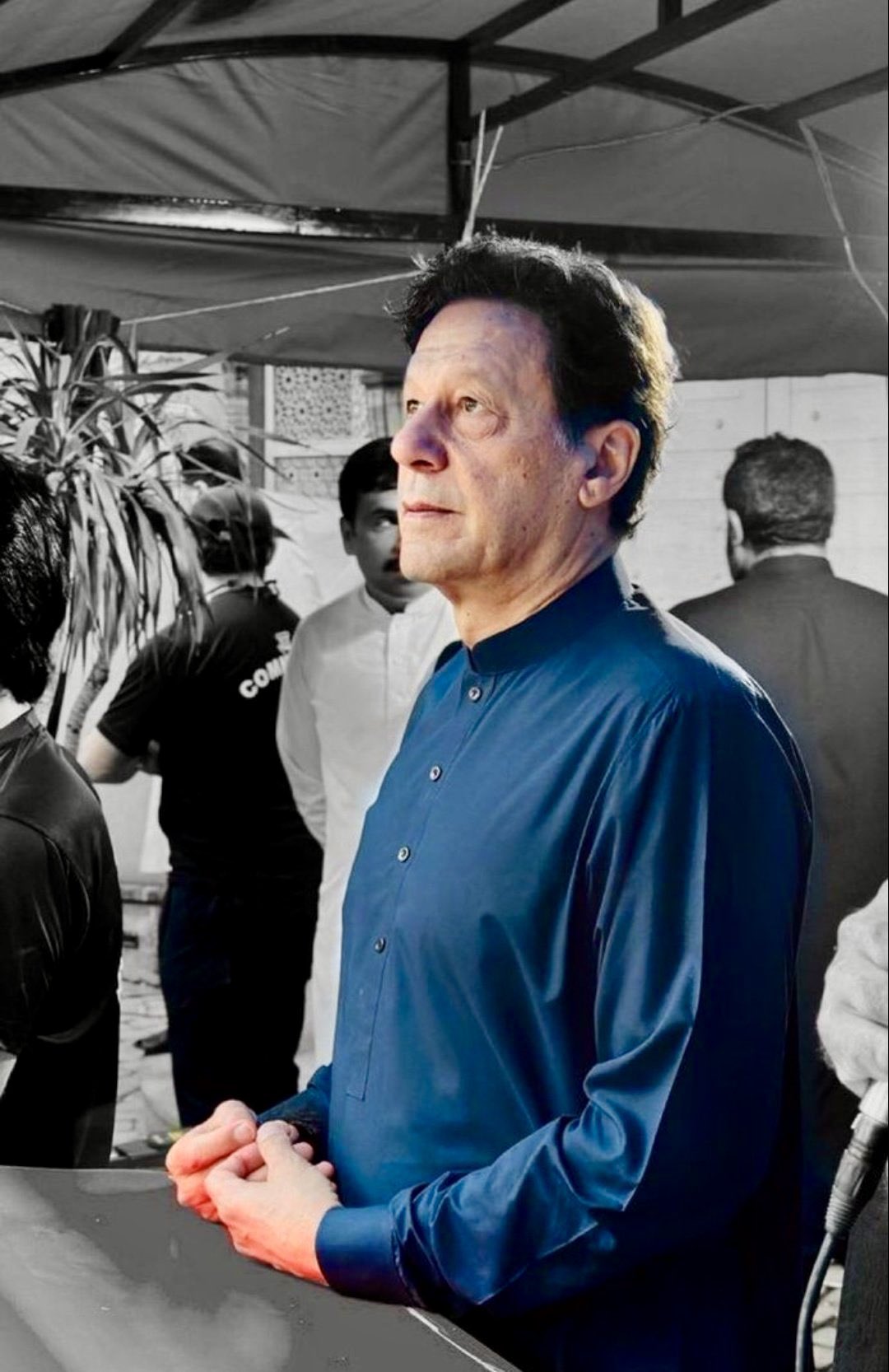










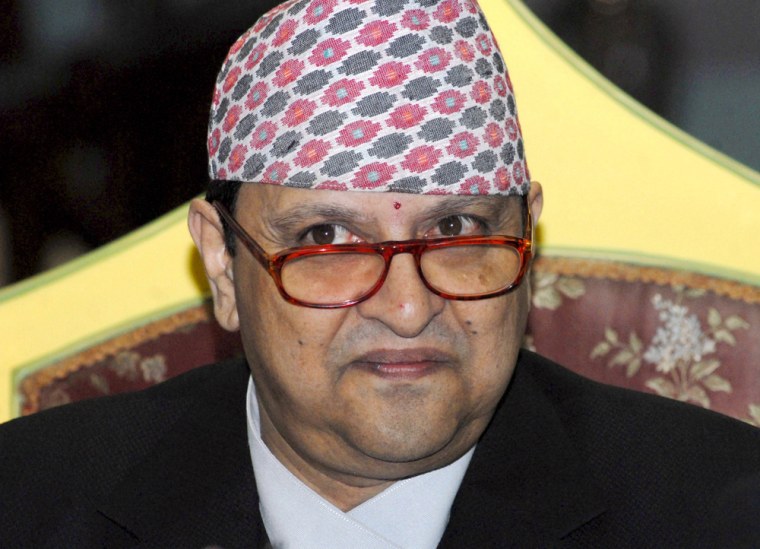
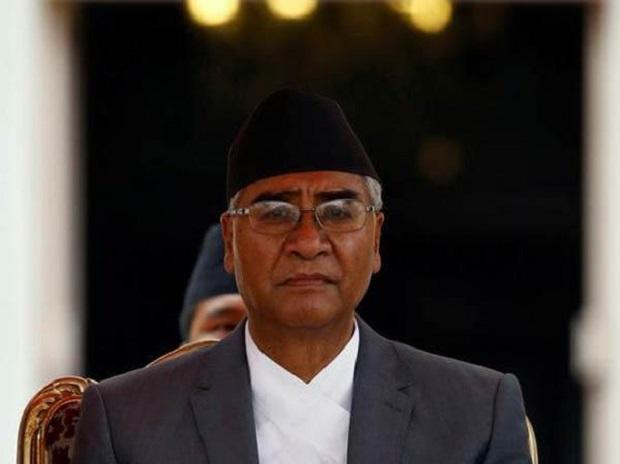
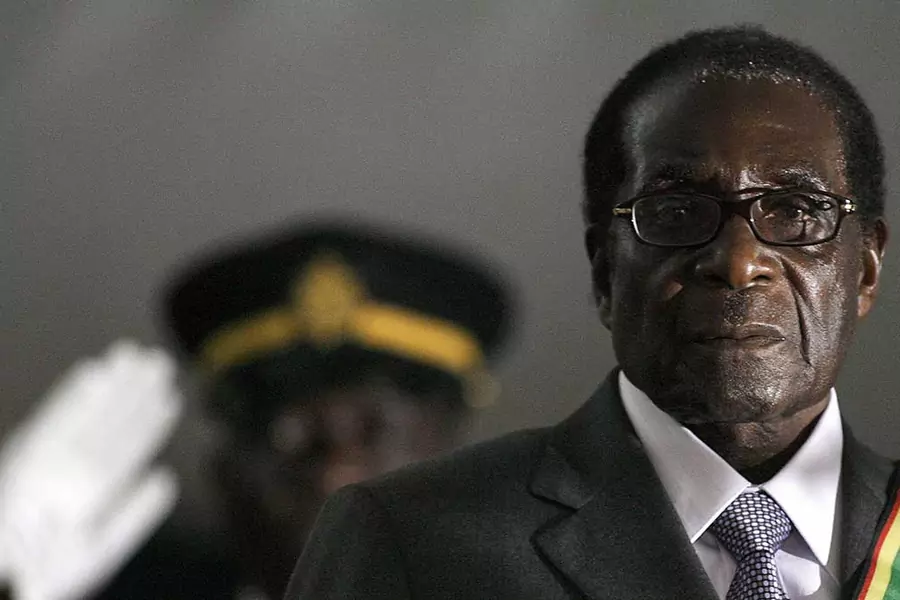
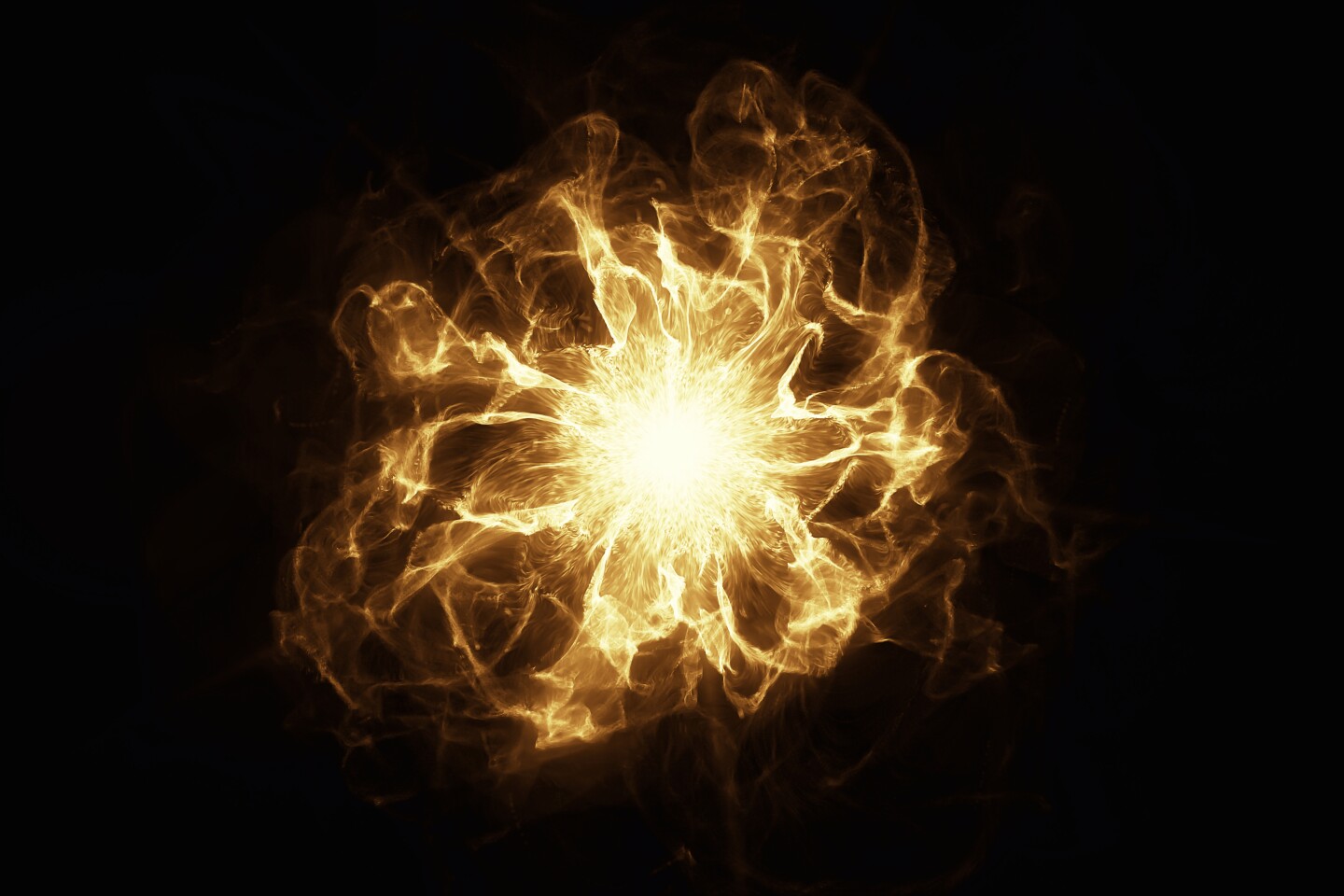
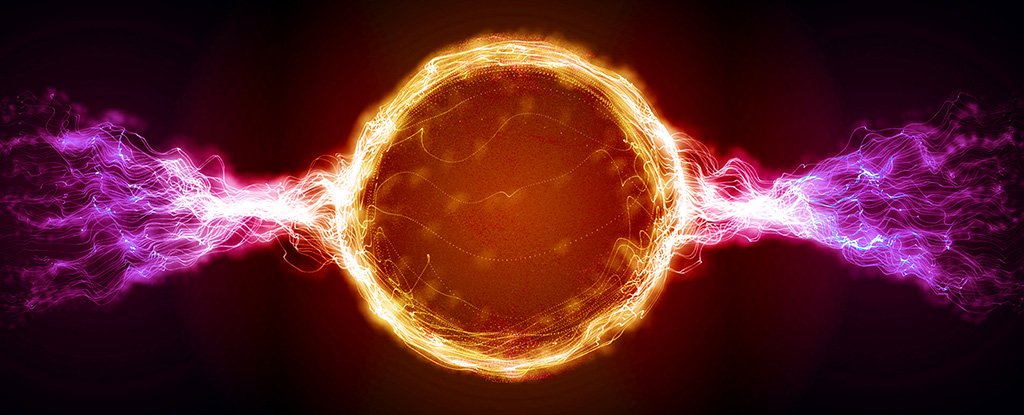



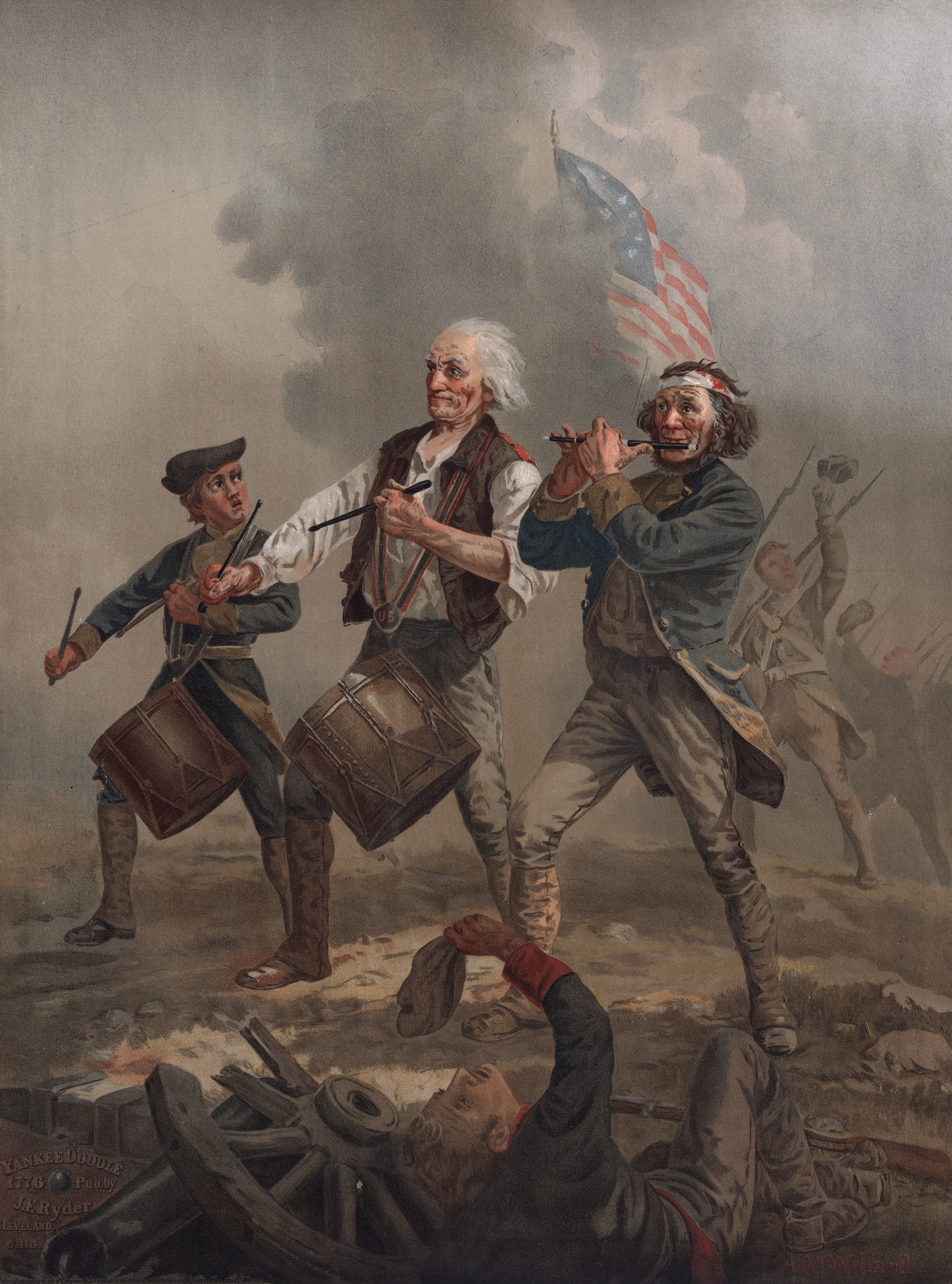


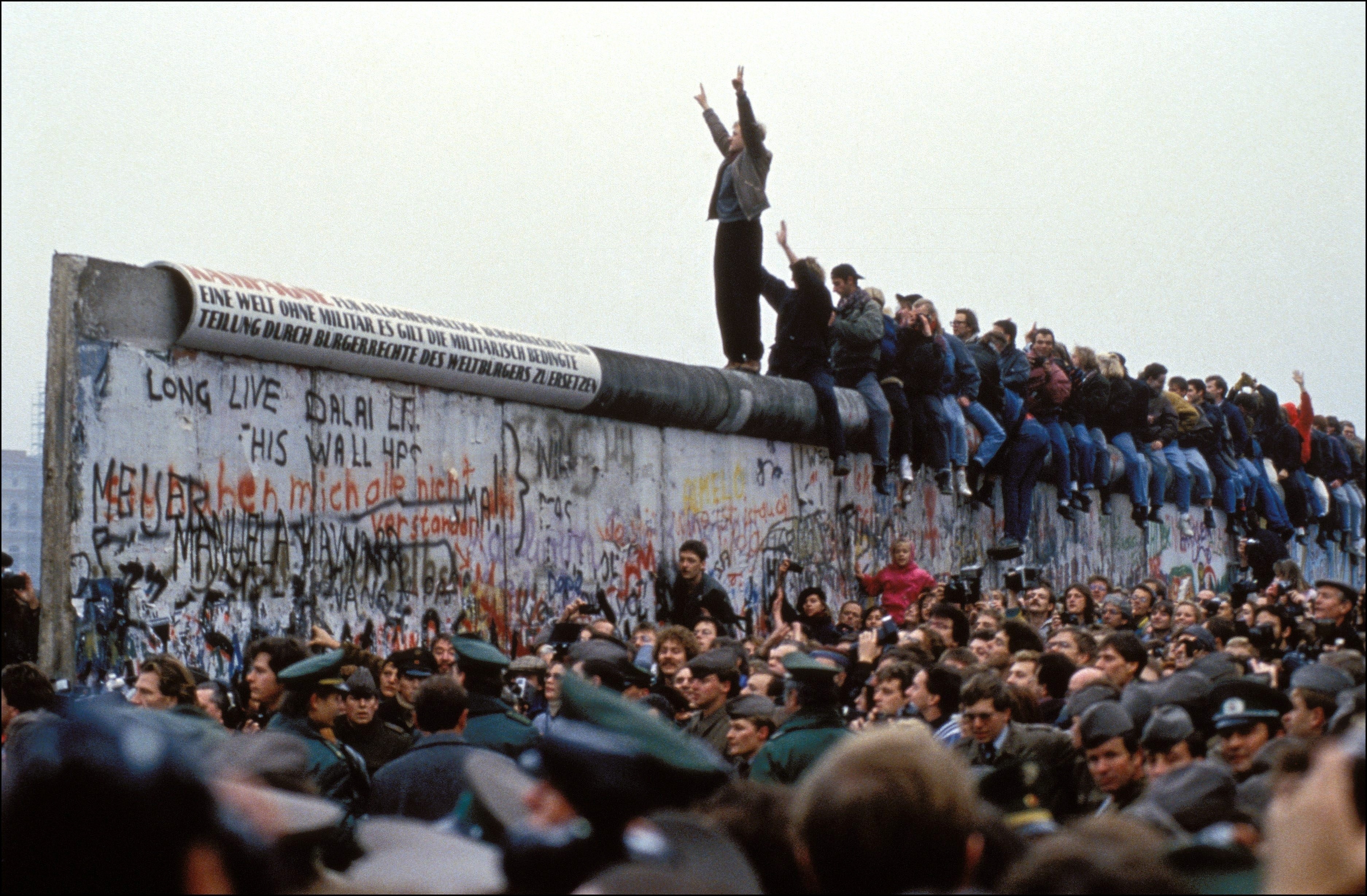











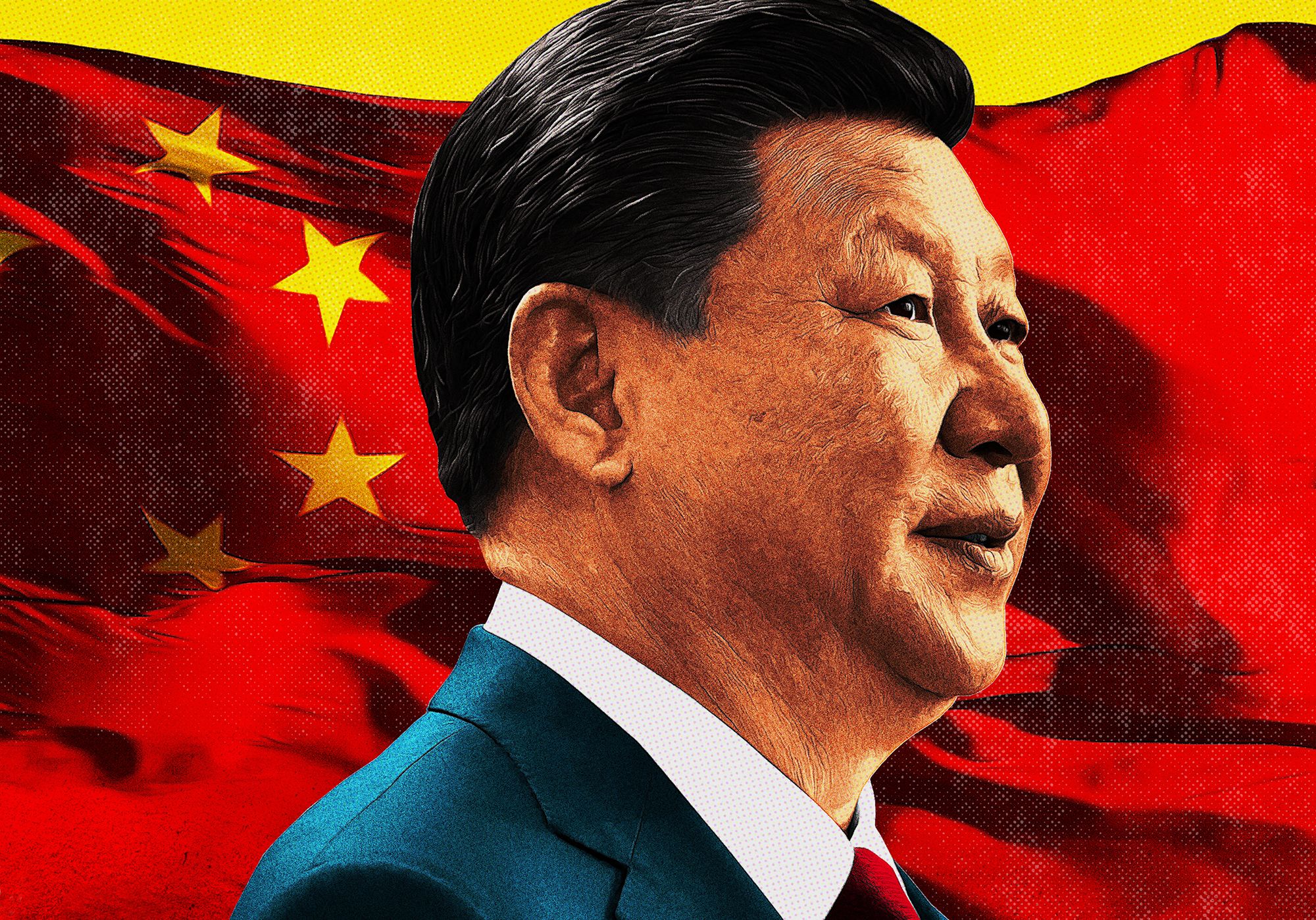
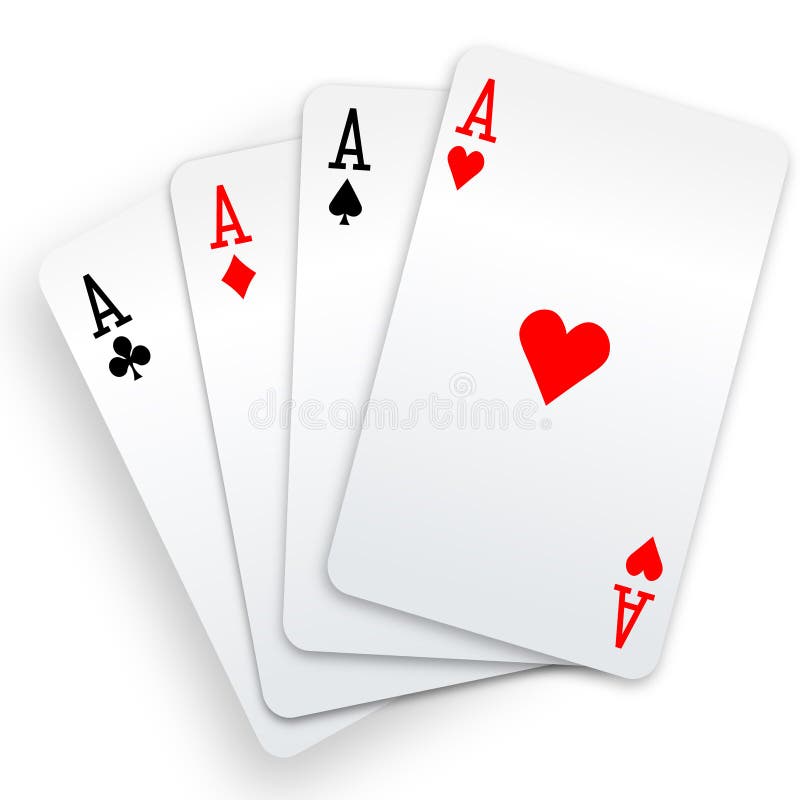
%20(1)1624622845.jpg)





